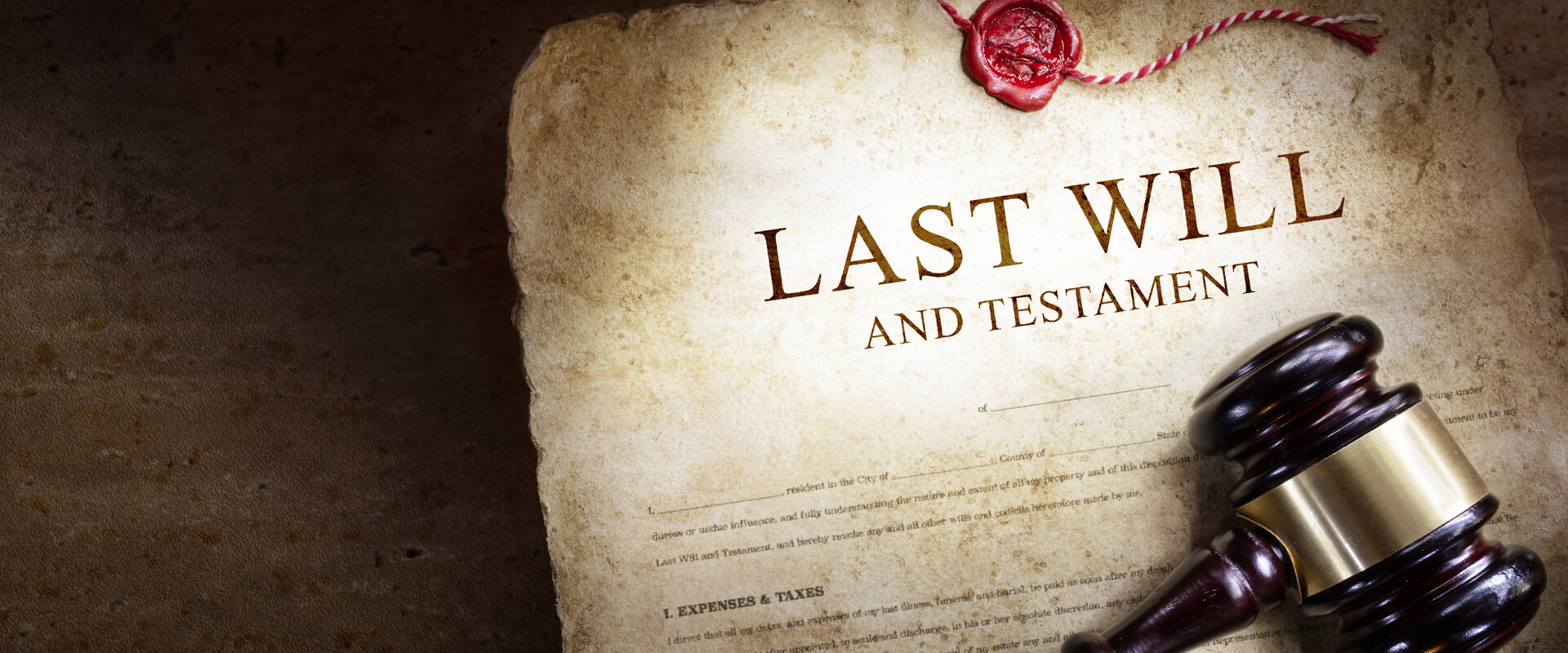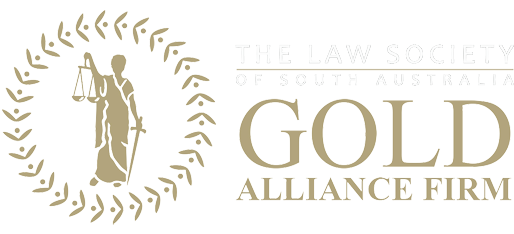Do you believe that you’ve not been provided for adequately in a relative’s Will? You may be able to contest it.
In certain cases, if you are the spouse, partner, former spouse, person in a domestic relationship, a child, a grandchild, a parent, a carer or come within another close personal category, you may be able to claim through the Supreme Court to increase your share of the Estate.
Alternatively, it may be that some of your relatives may claim against the Estate, trying to increase their share of the Estate thereby reducing your claim as against the Estate or your entitlement under the Will.
If there is any issue about your claim on an Estate, you should contact O’Toole Lawyers immediately. There are very strict time limits that need to be adhered to when making a claim against an Estate and much work needs to be undertaken before a claim can be made.

Make an enquiry
Other Claims against an Estate
It should also be noted that there are other claims that can be made against an Estate, such as:
- A claim that existed before the deceased died. Examples could be that the deceased entered into a written contract. Despite the fact that the deceased is dead, the deceased’s Estate remains bound by that contract.
- In addition to written contracts there may also be what is called an equitable claim. This is typically where the deceased had made representations to another that if, for example only, the other person looked after the deceased in their home to avoid the deceased going into a Nursing Home then that person would receive a benefit. That person may have an equitable claim against the deceased Estate. The most common type of equitable claim is where a person works on the deceased’s farm without immediate reward, on the basis of a representation that when the deceased died, the farm would go to them.
Contesting the Will itself: If you have concerns that when the deceased signed the Will that:
- they did not have adequate mental capacity to understand what they were doing; or
- they were being pressured such that the Will was signed whilst the deceased was unduly influenced; or
- the Will was obtained by fraud, such that the deceased neither knew nor approved the contents of the Will; or
- the Will was a forgery
A Will may be able to be contested on all these grounds. Normally, a Will drafted by a lawyer and witnessed by a lawyer and their staff, will be more likely to be accepted by the Court as being valid. Many problems occur with homemade Wills or informal Wills. These are more likely to be open to scrutiny. If you have any concern about the validity of the Will, it is important that you speak with O’Toole Lawyers as soon as possible.



